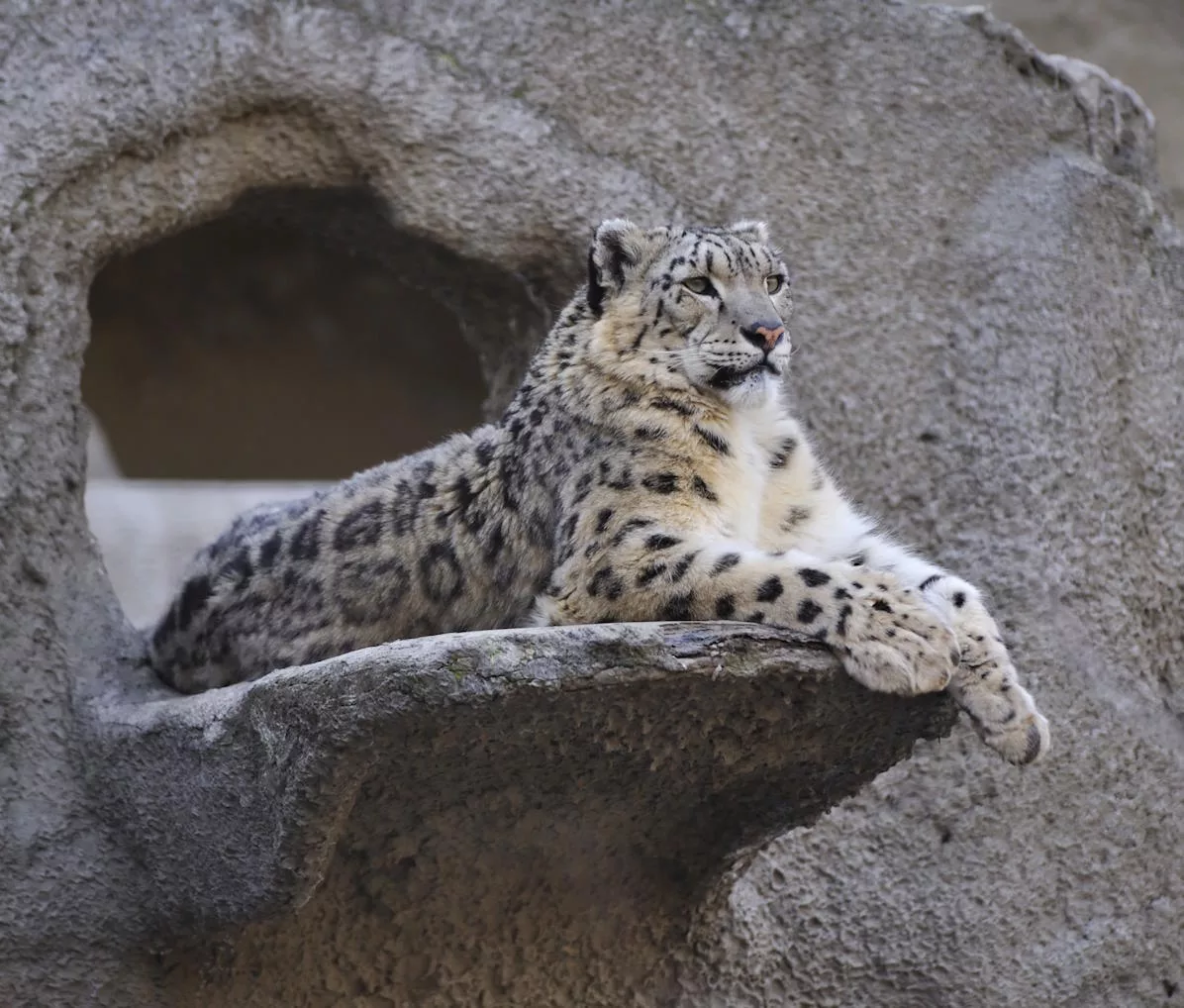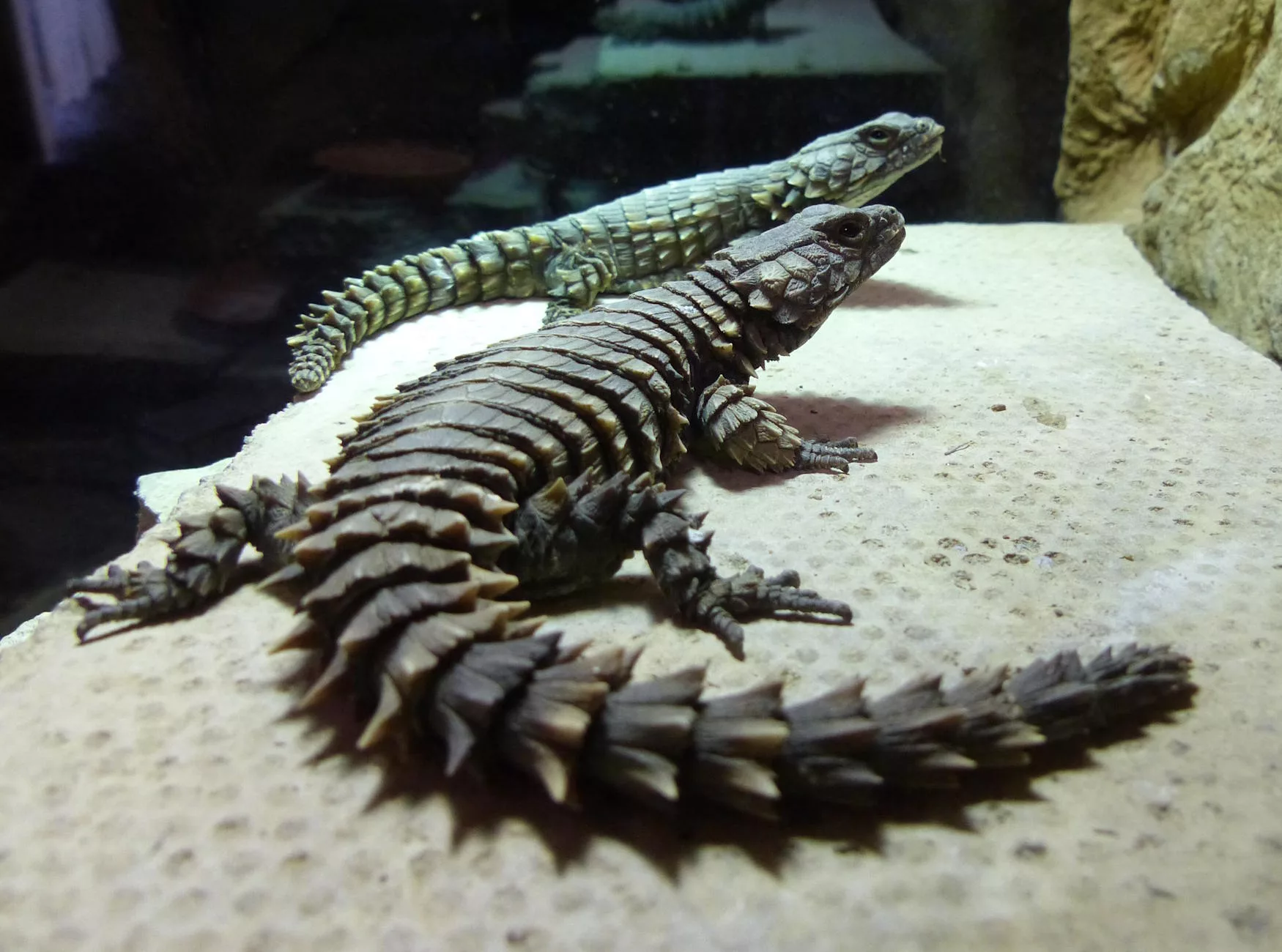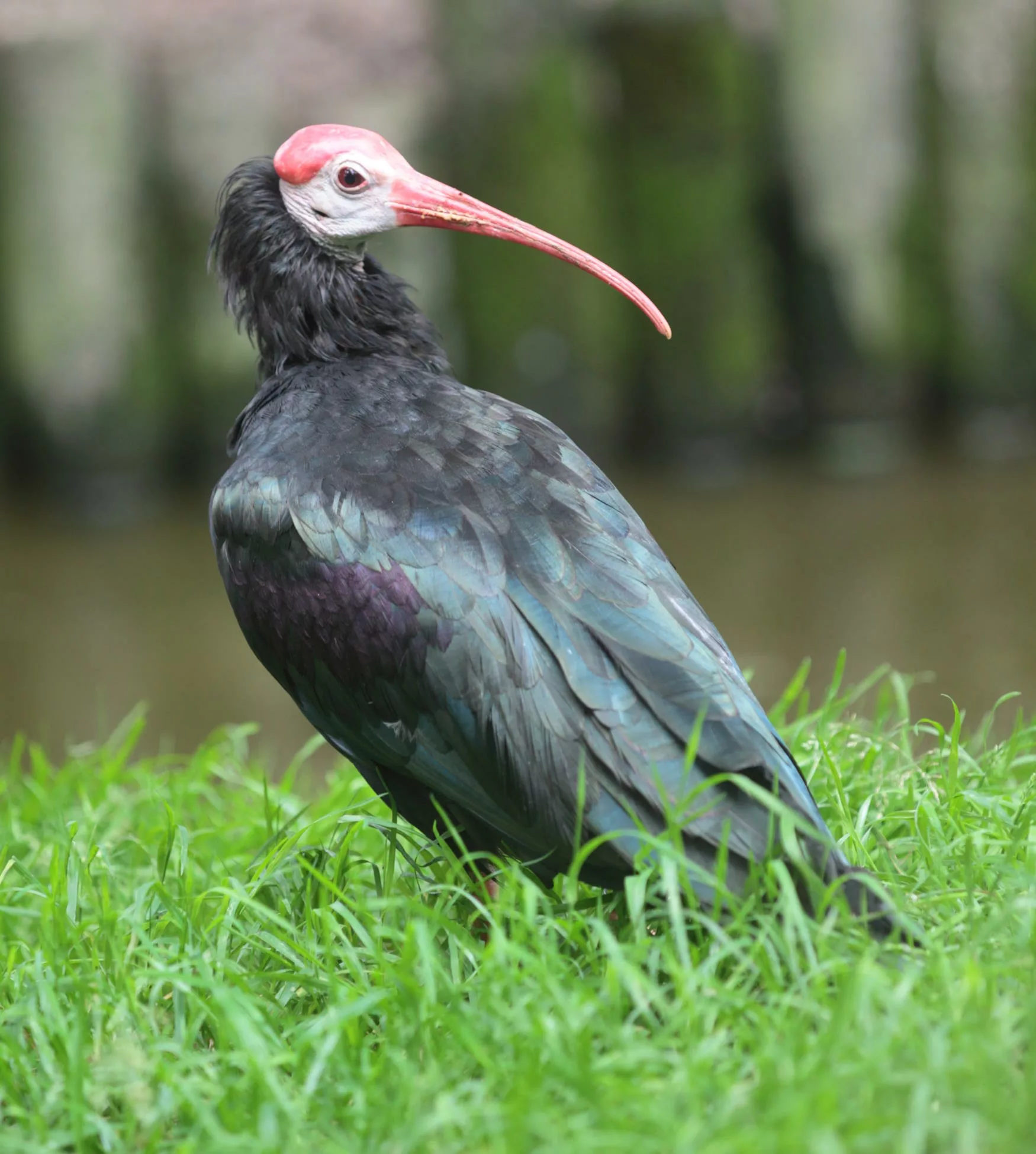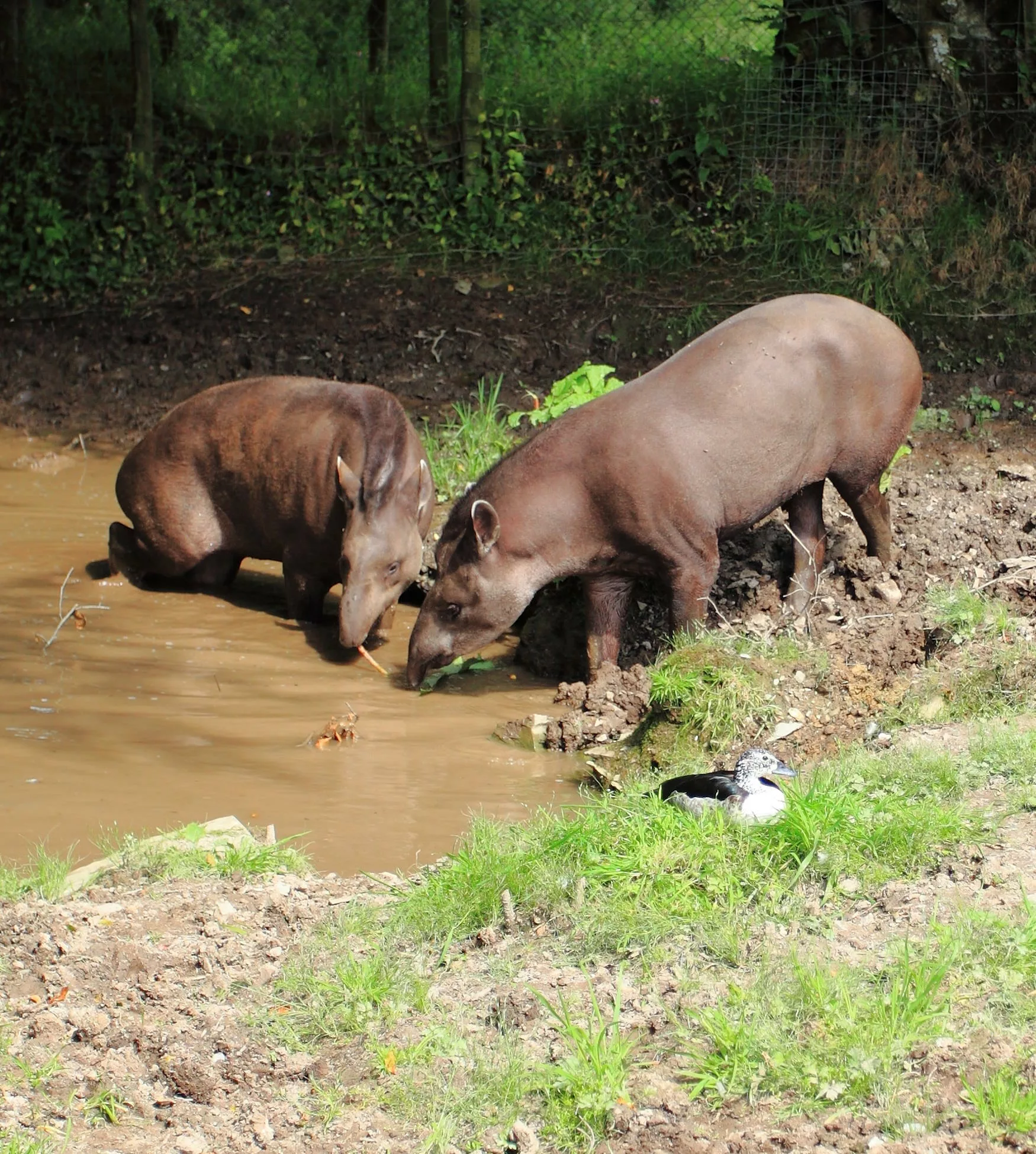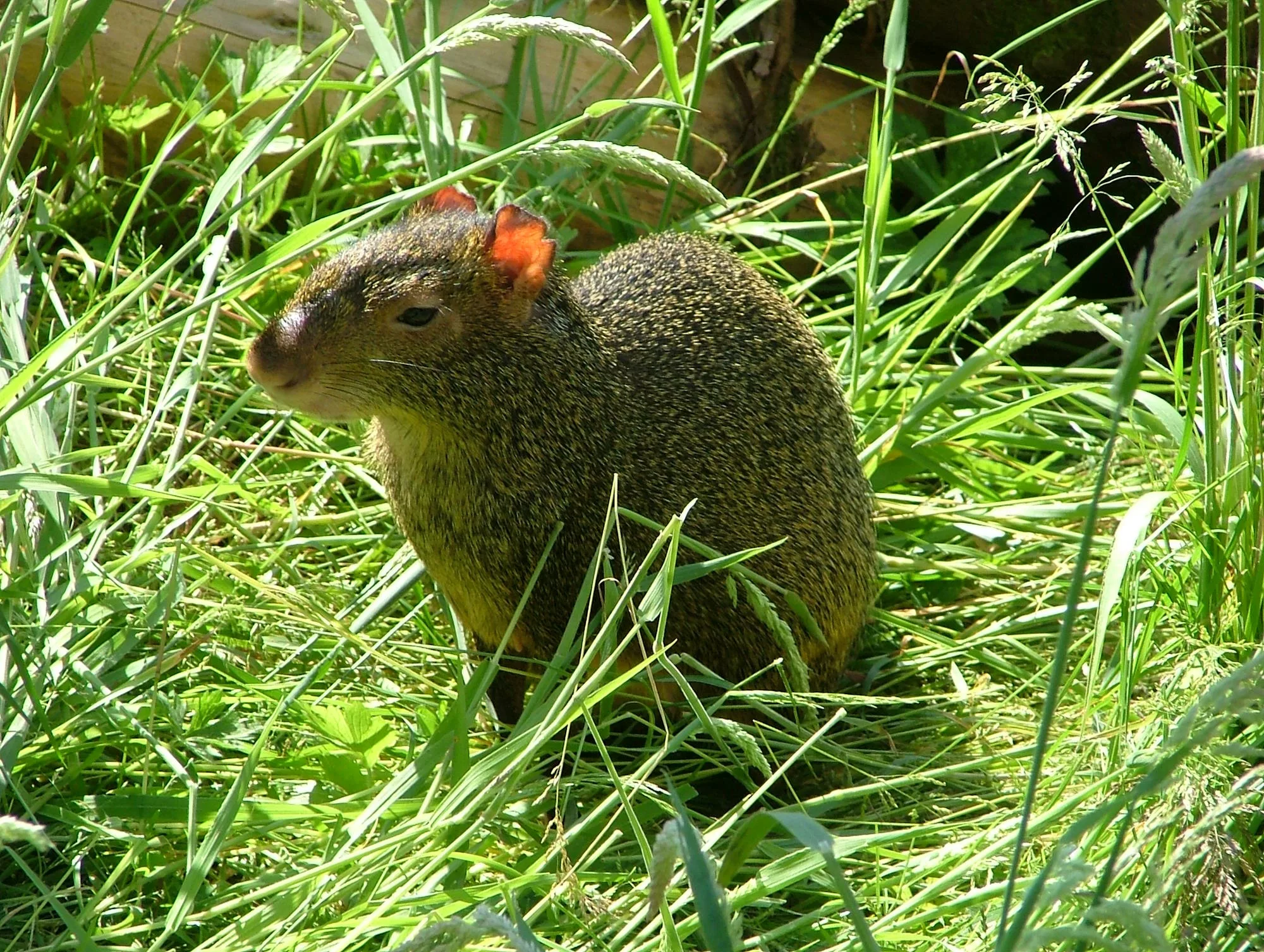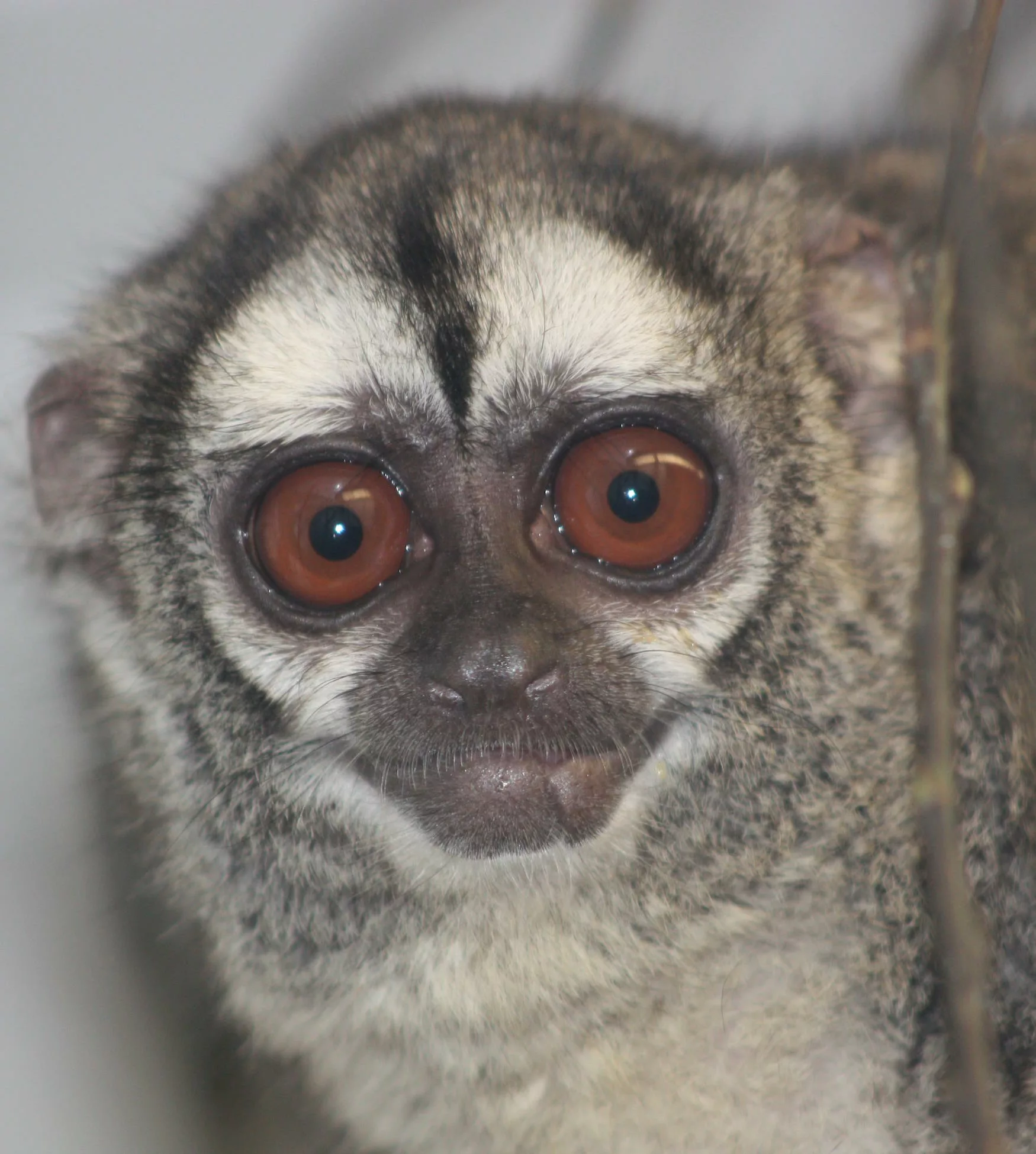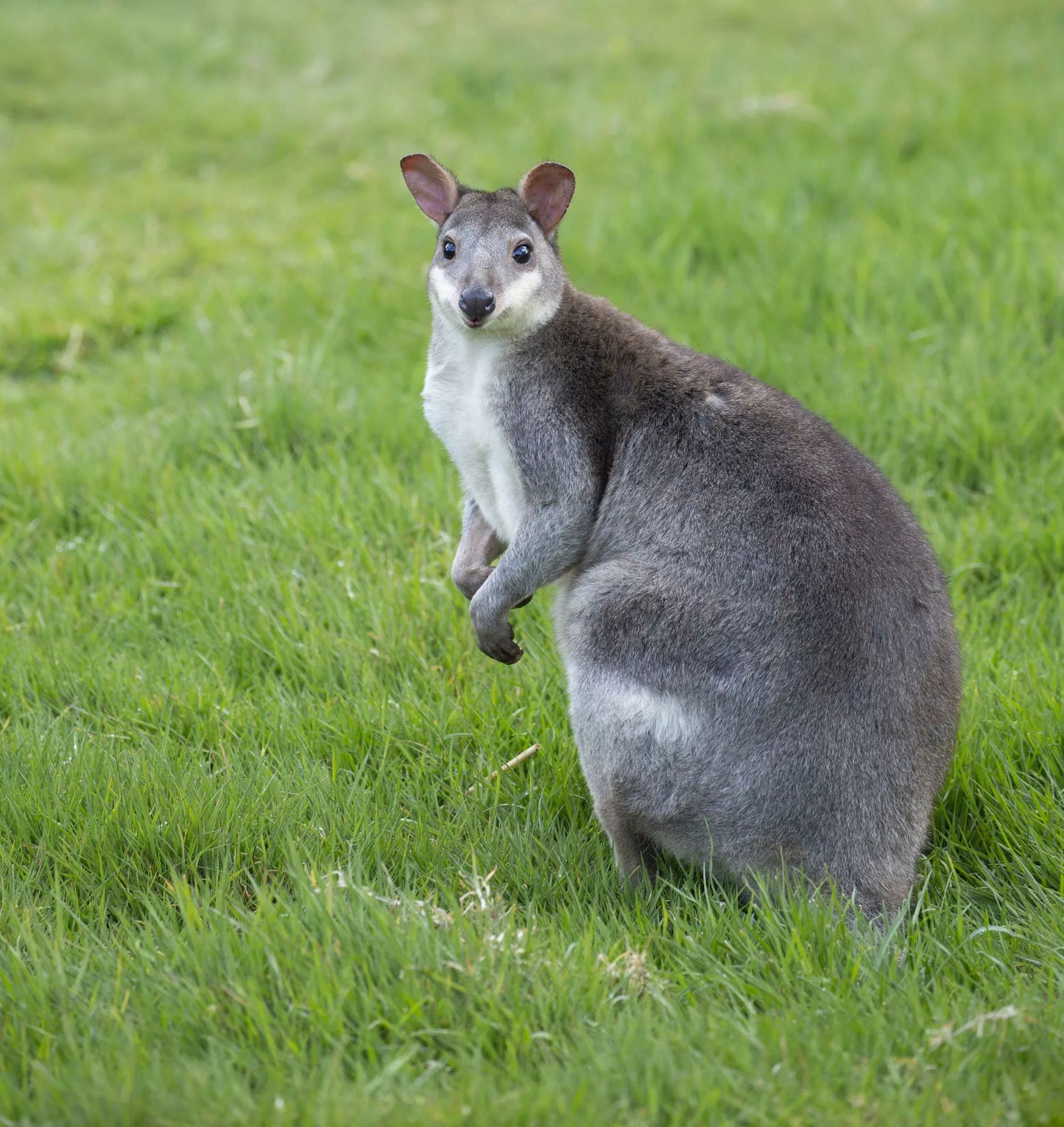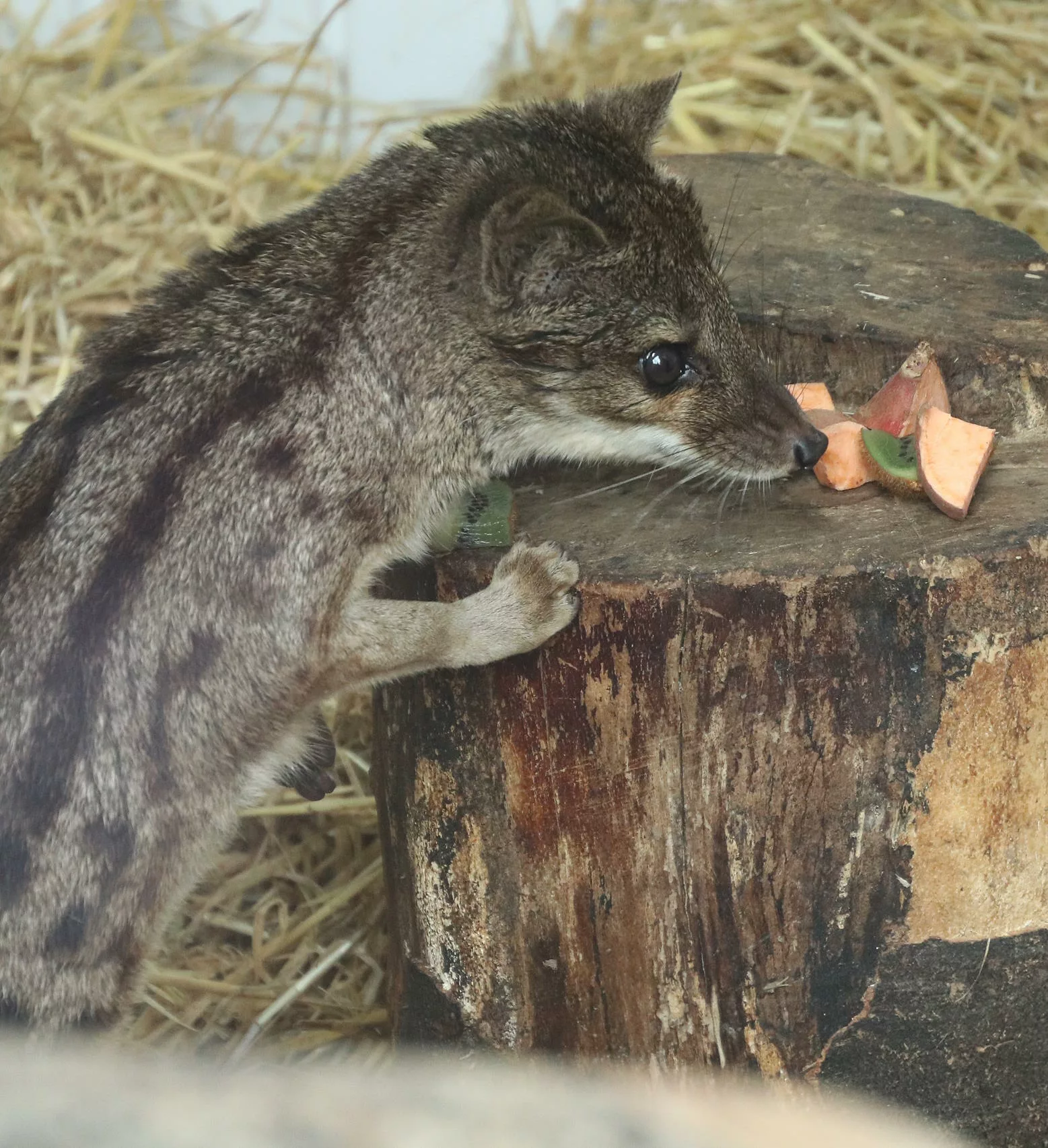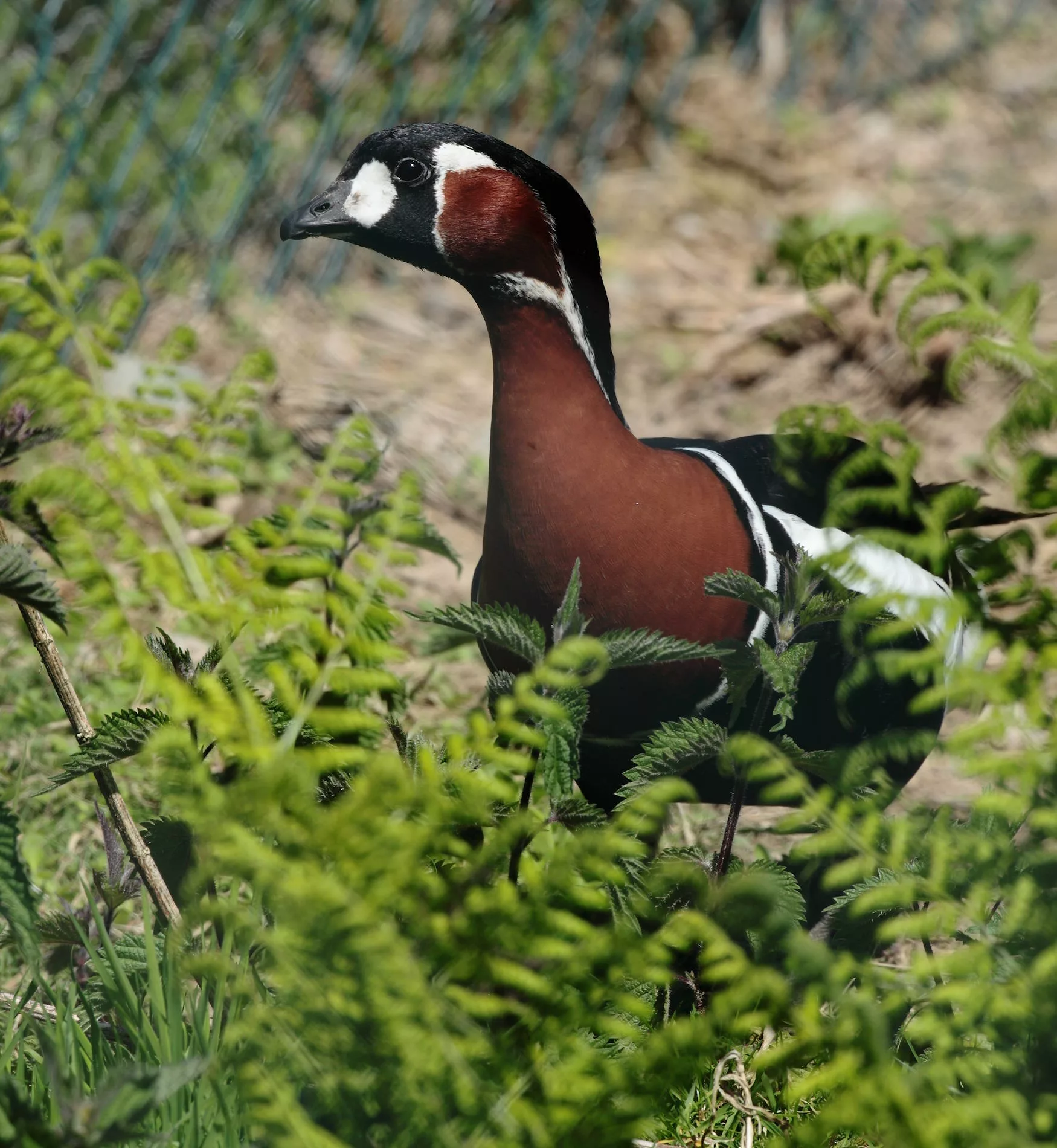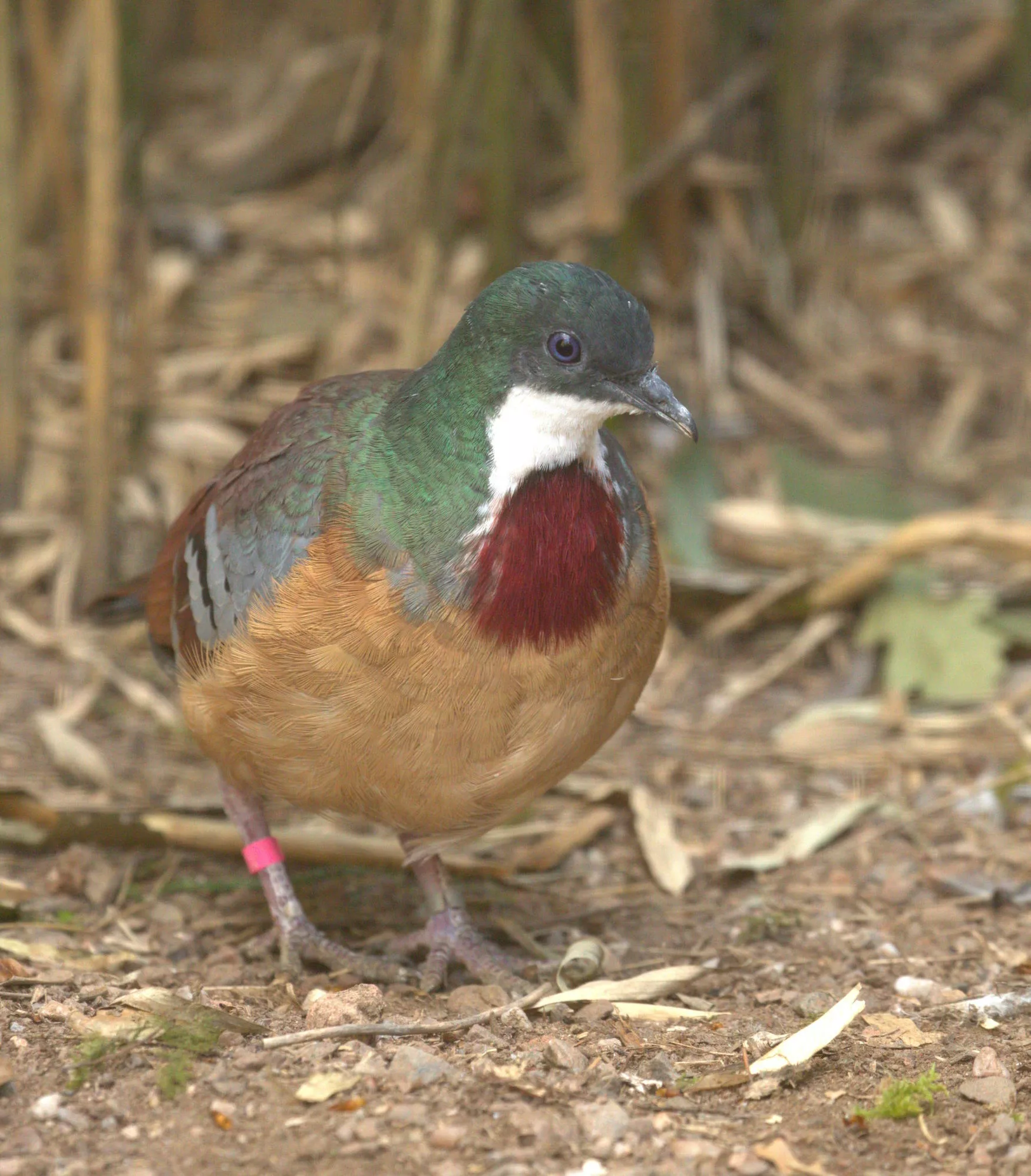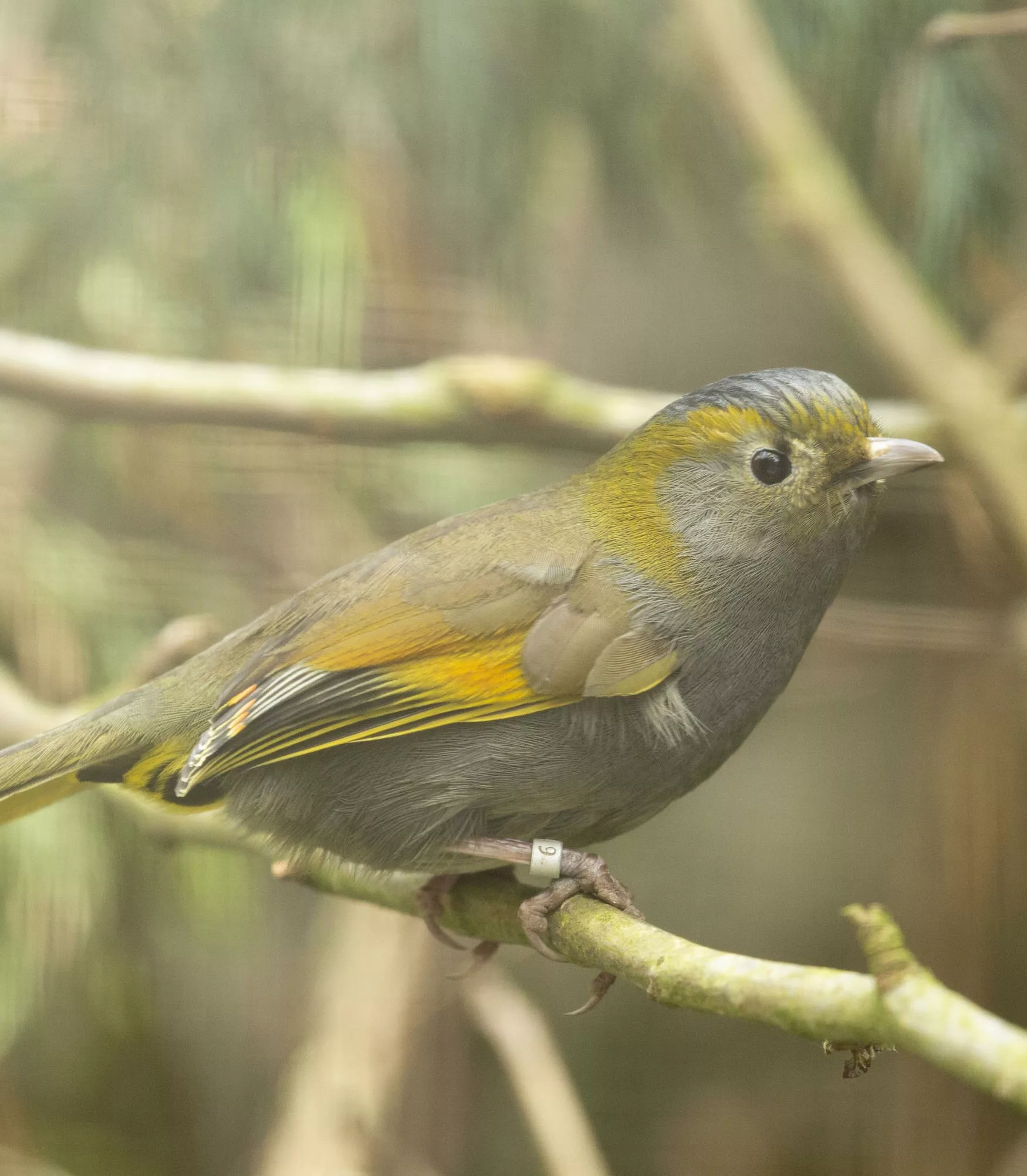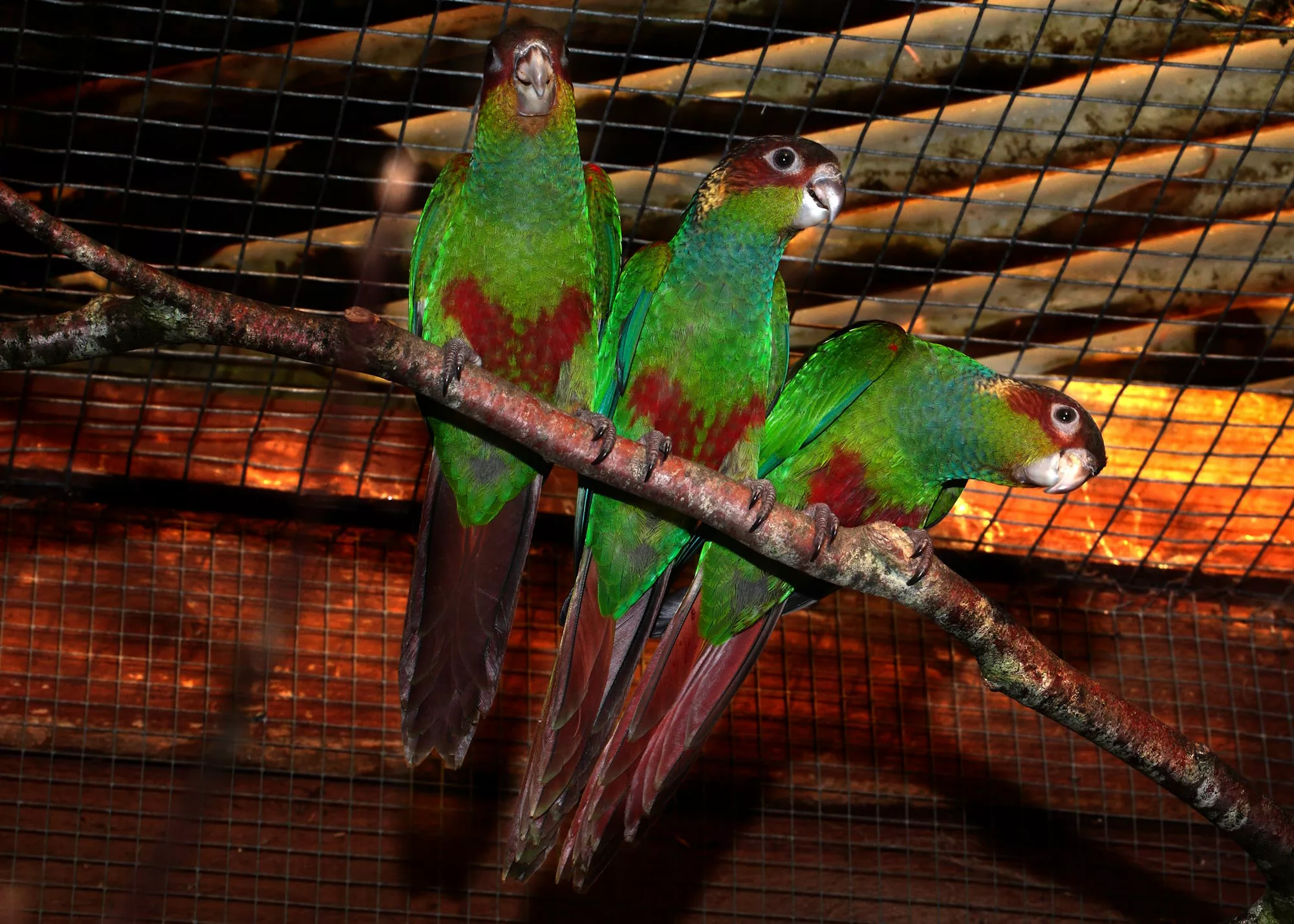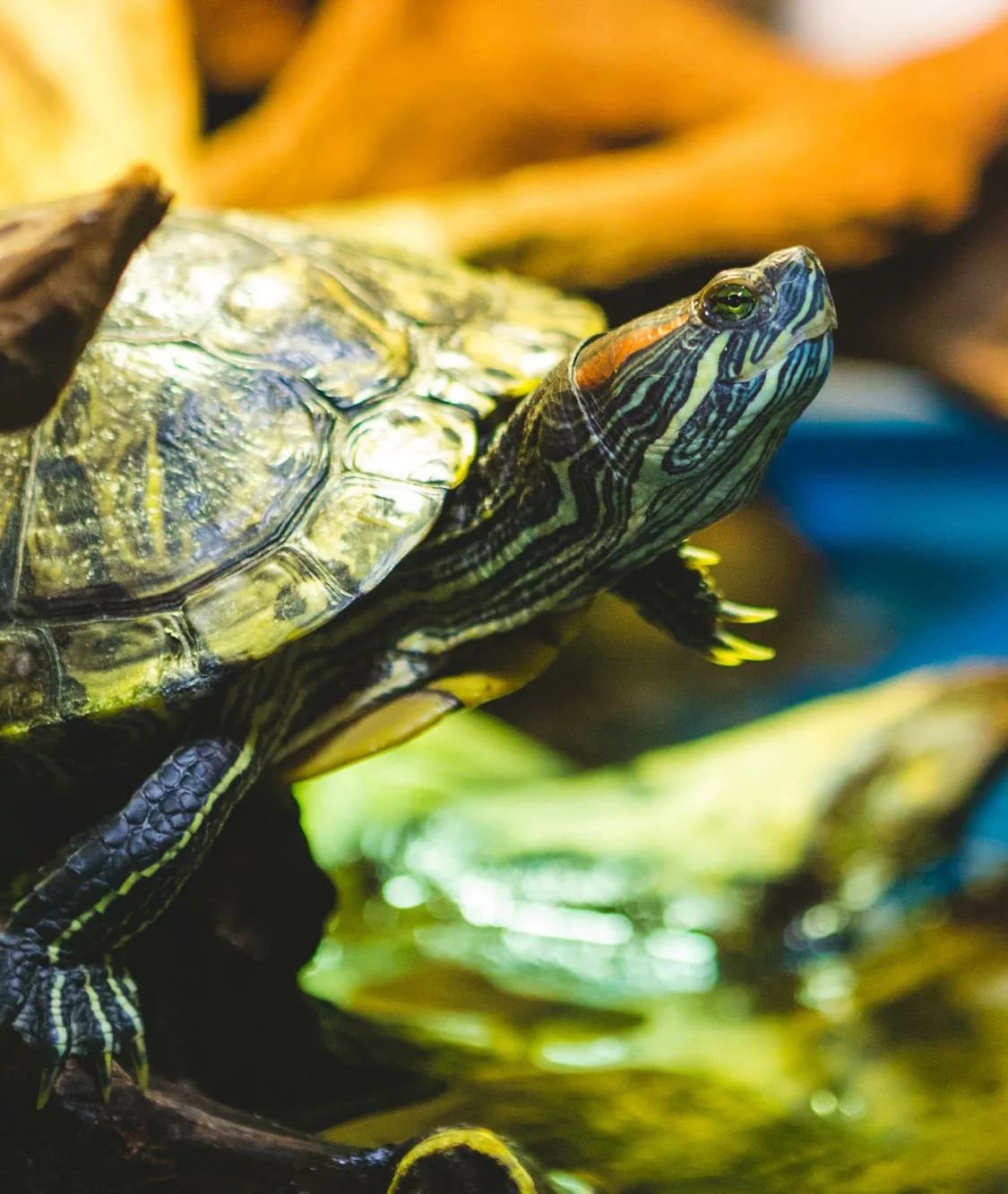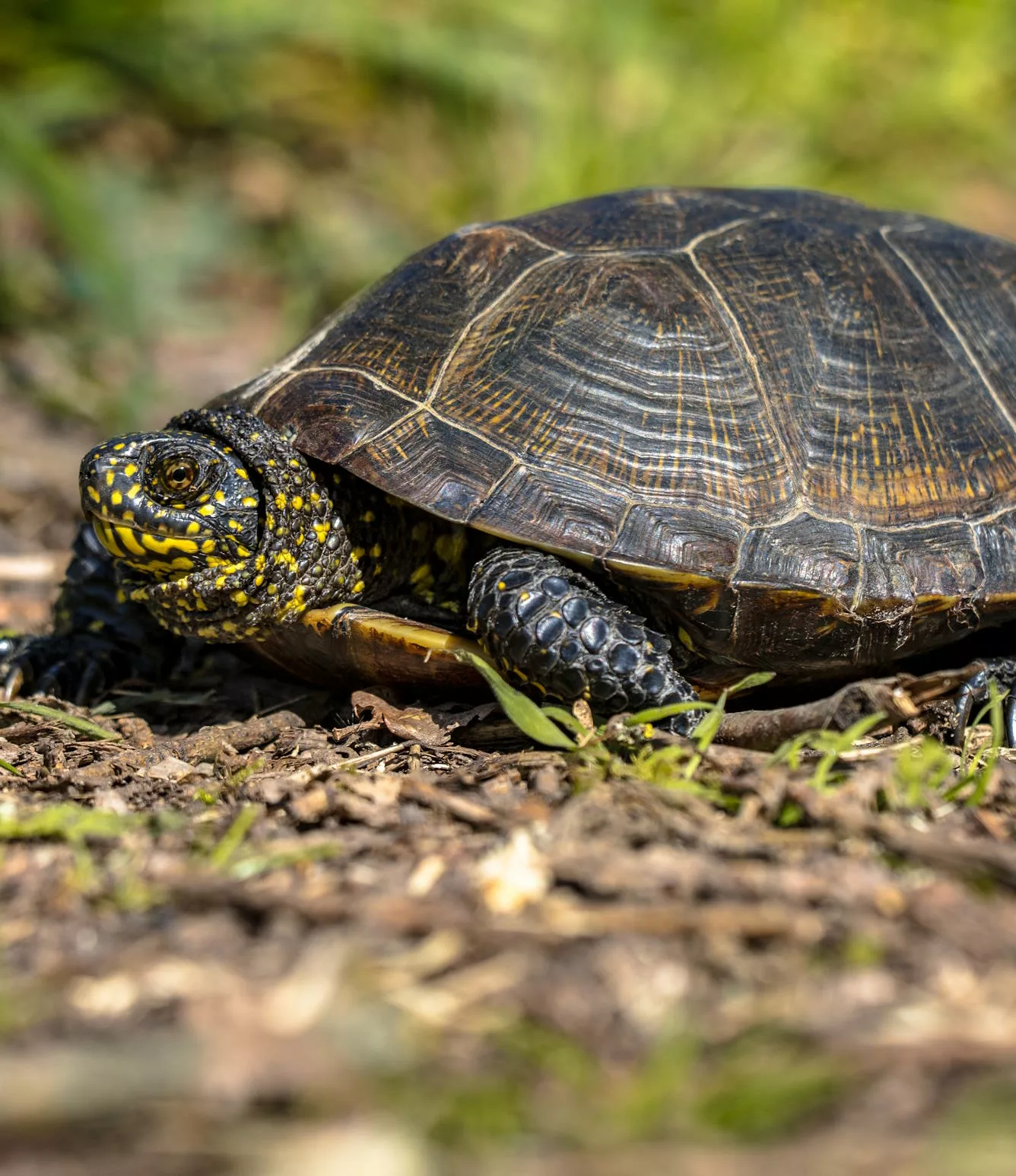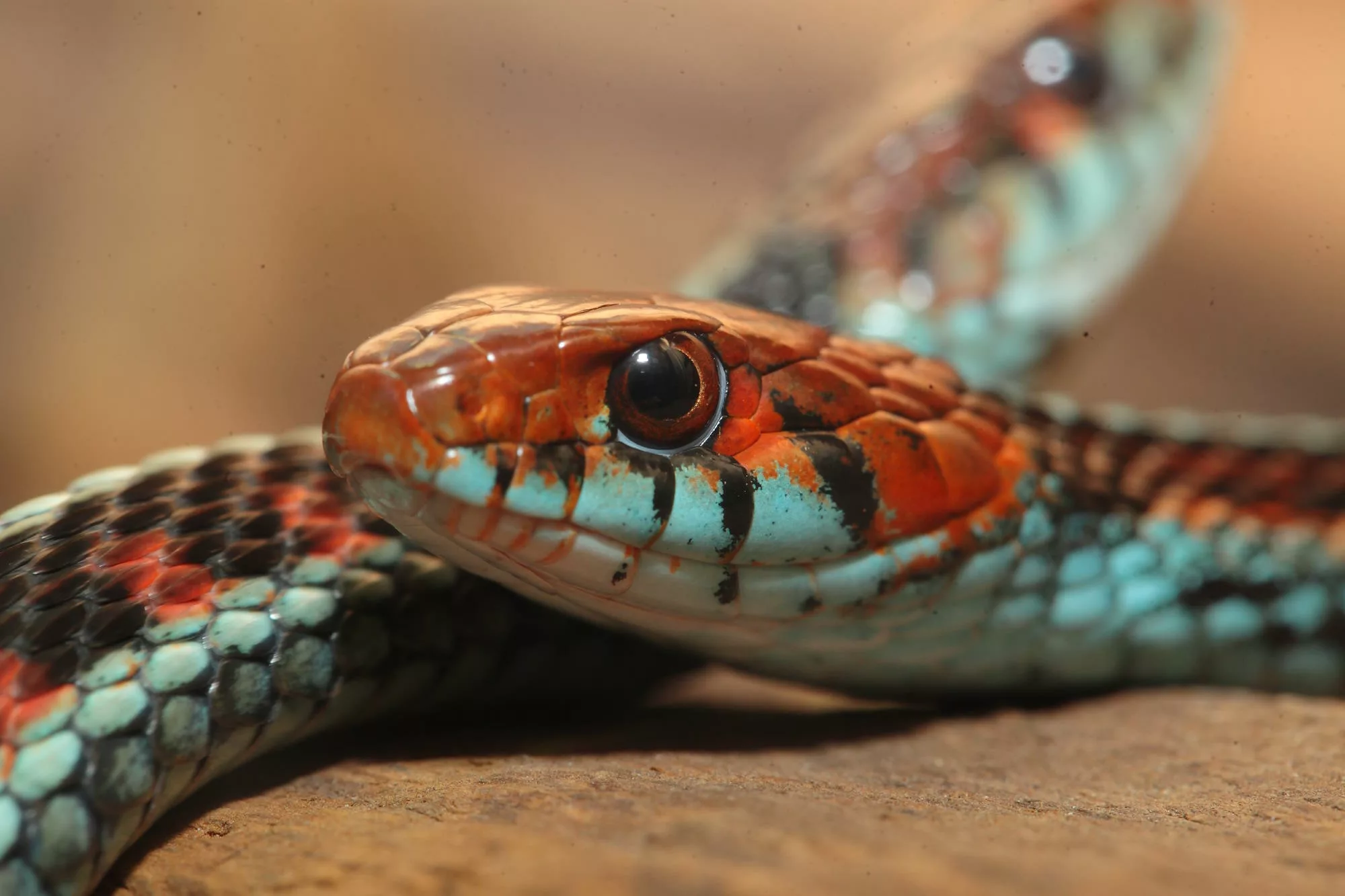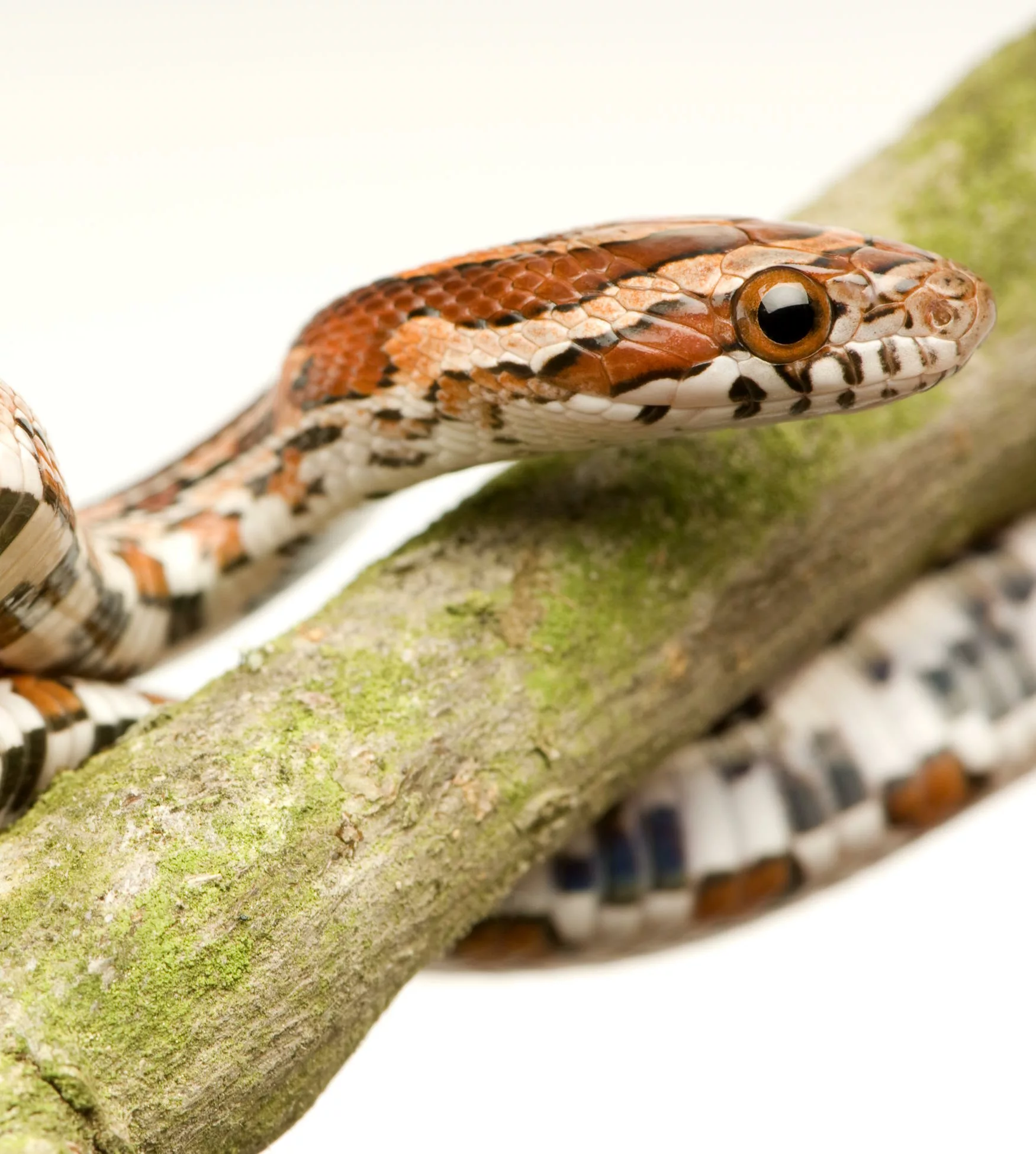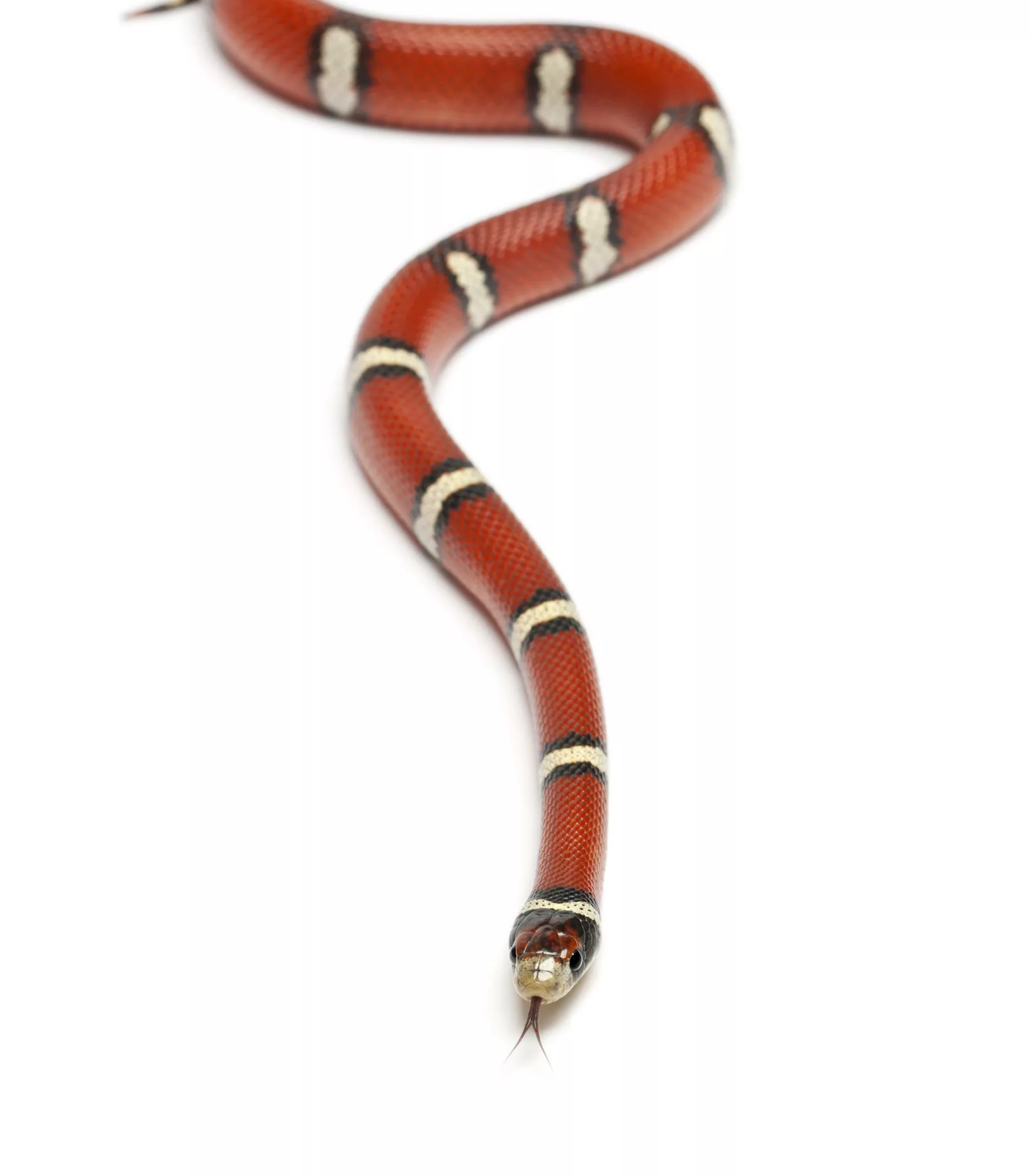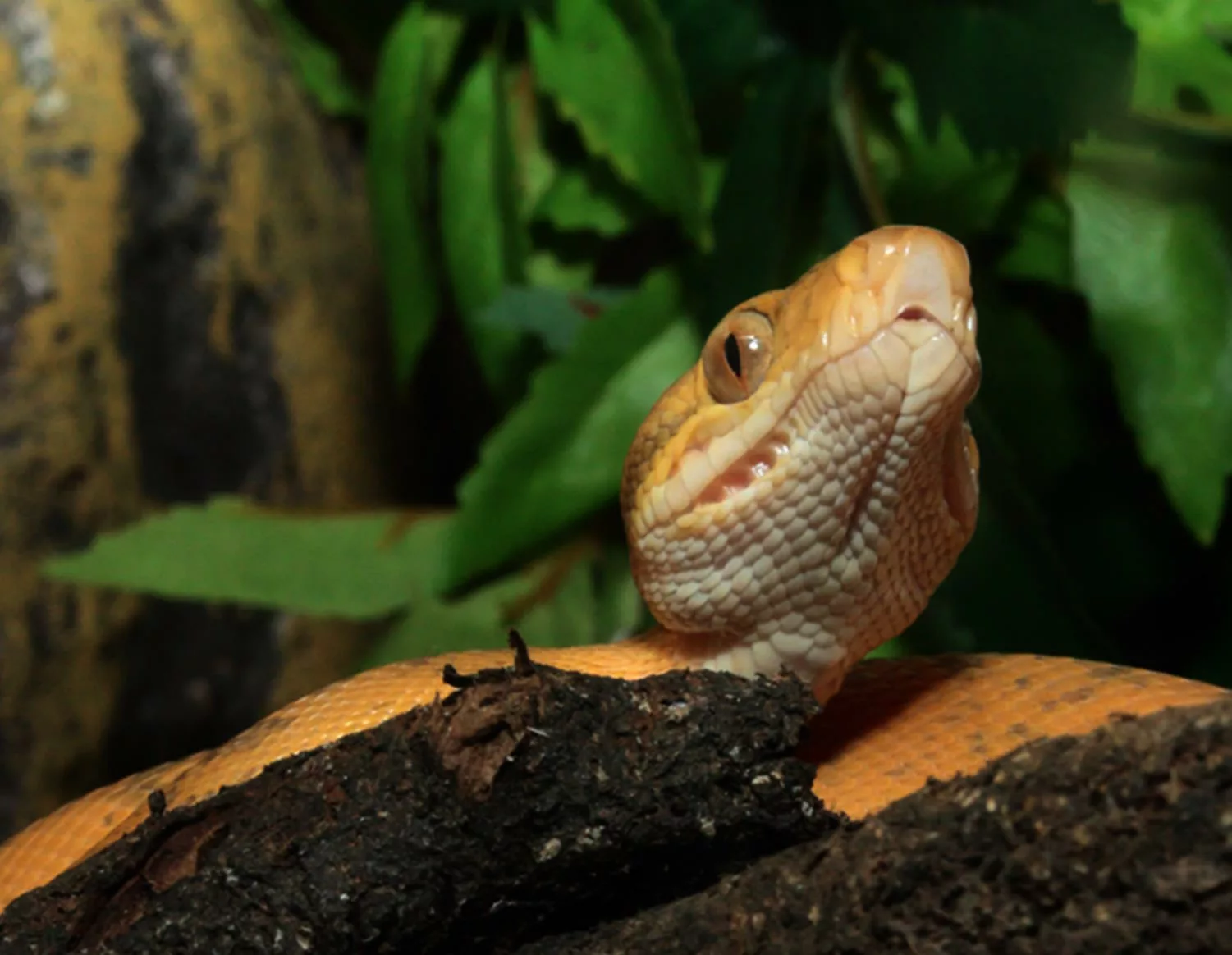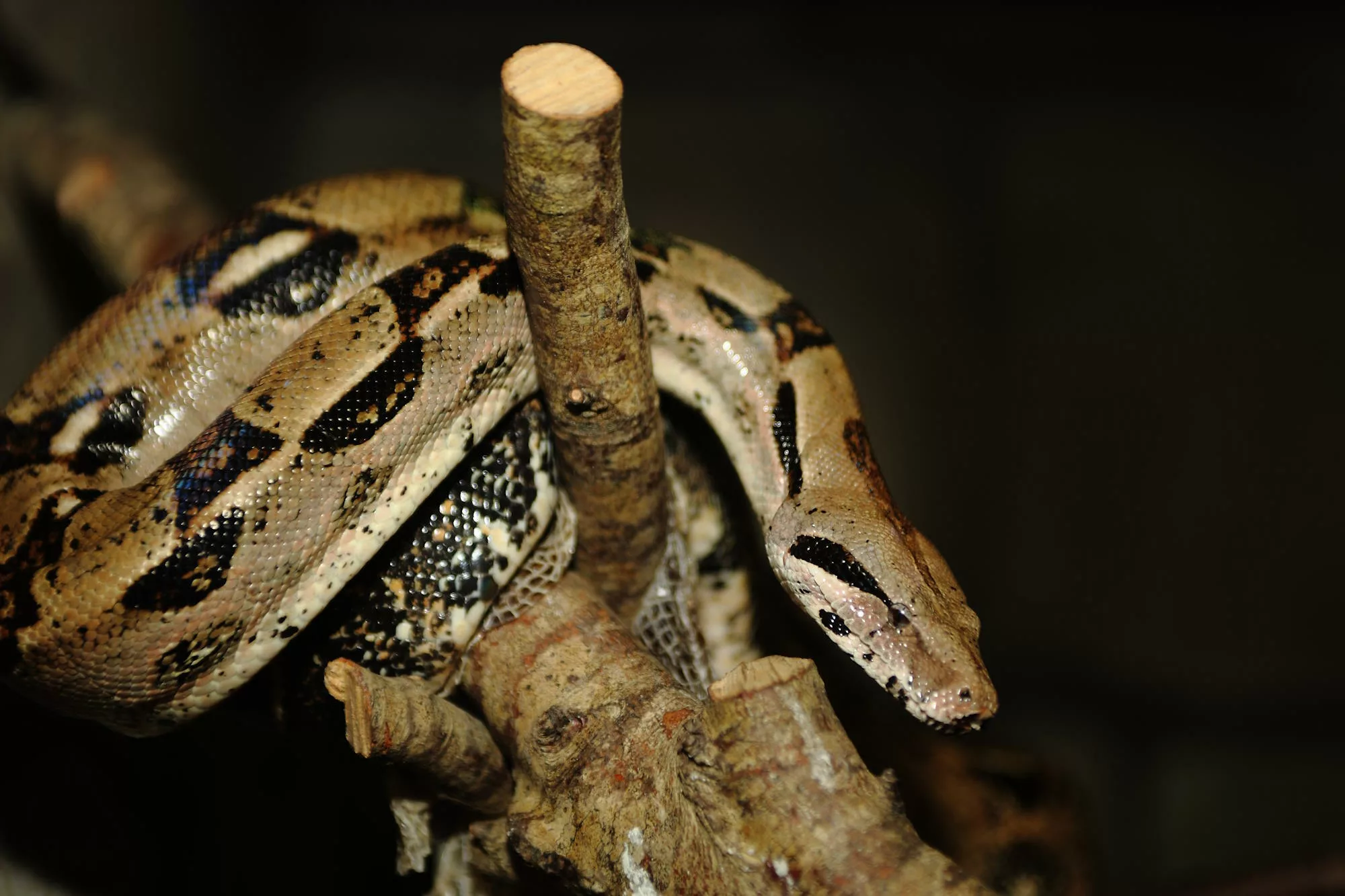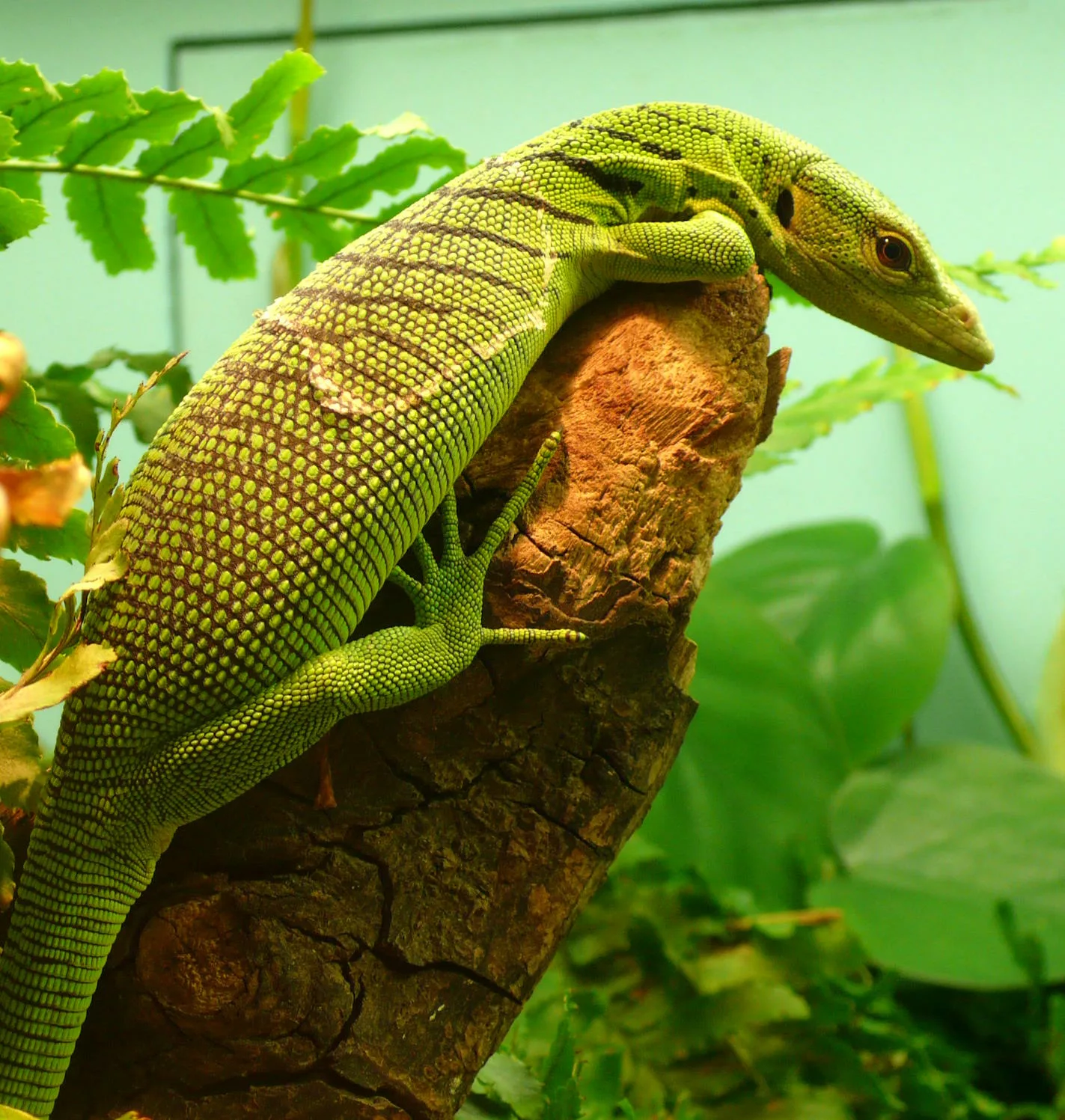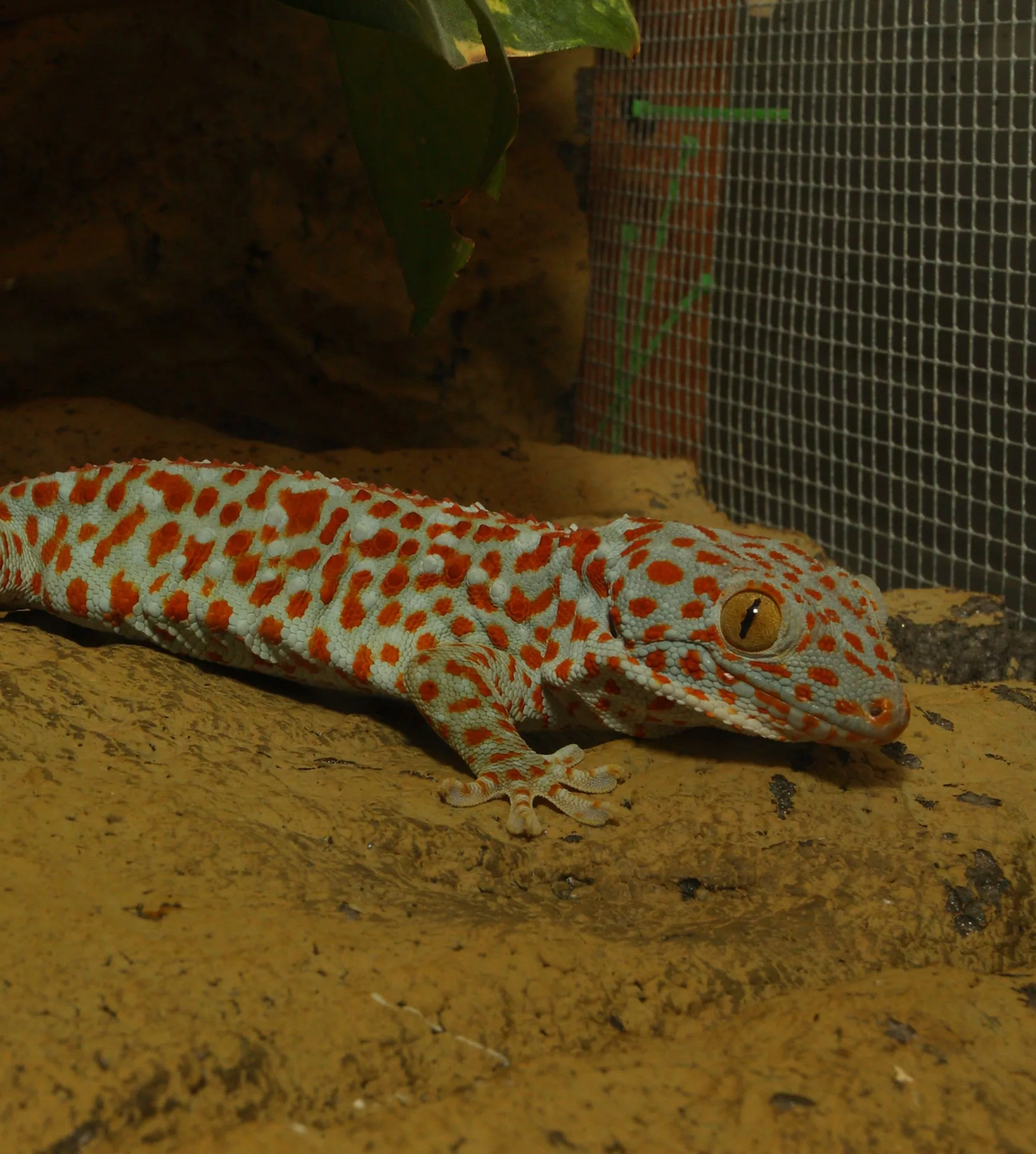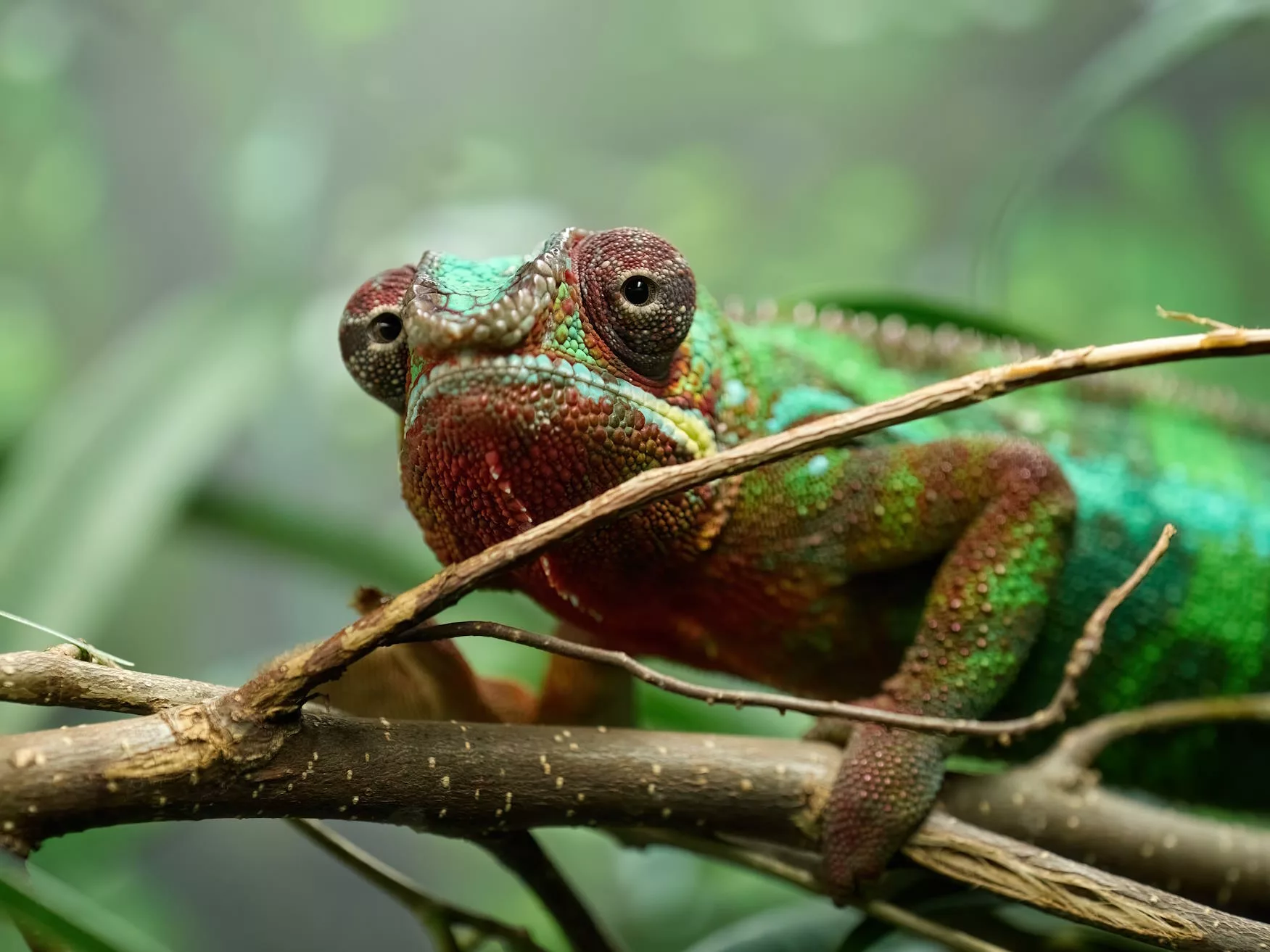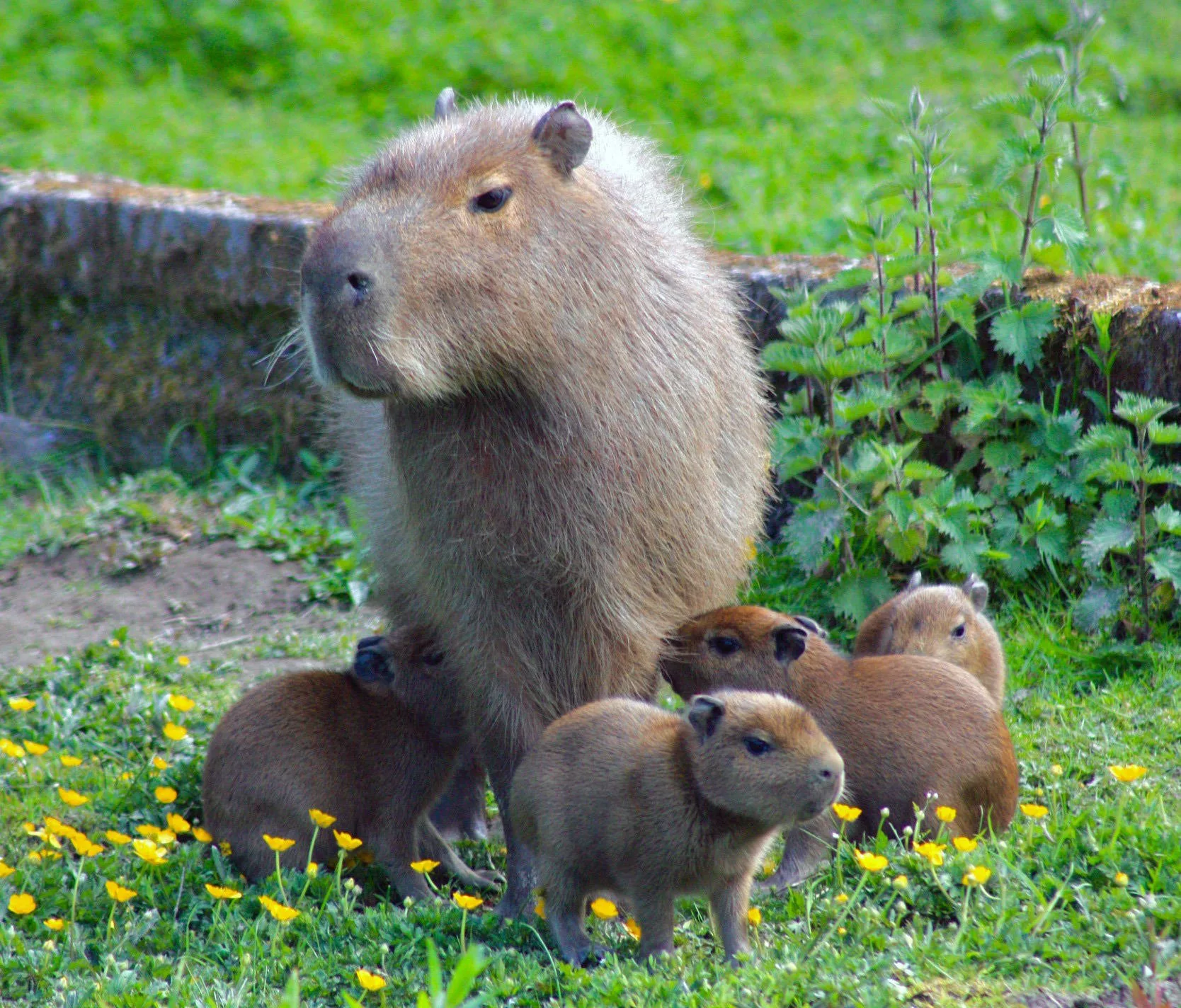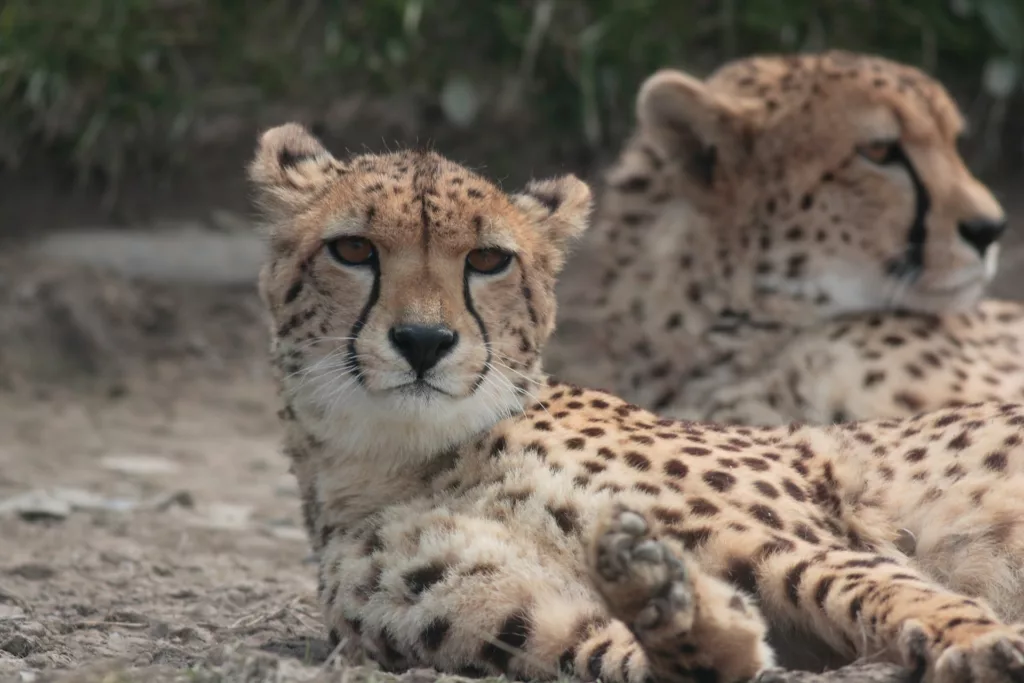
Cheetah
Scientific name: Acinonyx jubatus
IUCN listed as: Vulnerable
Learn before you visit!
Here are some facts about the species – Discover what they eat, find out about their natural habitat, see what they like to do, and more… Set the reading style to suit you too, everyday speak or something aimed towards children.
Child-friendly
Everyday
Diet
Cheetahs are carnivores, preying mainly on small to medium-sized ungulates like gazelles and impalas. Their incredible speed allows them to chase down prey over short distances, suffocating them quickly to make a kill. They also consume smaller mammals such as hares and birds when opportunities arise.
Cheetahs are like super-fast cats that love to eat meat! They mostly hunt animals like gazelles and impalas. With their lightning speed, they can catch their dinner quickly by sneaking up on them and pouncing. They also snack on smaller creatures like hares and birds sometimes.
Breeding
Solitary except during mating season, female cheetahs come into estrus every 1 to 1.5 years. After a gestation period of around three months, they give birth to litters of typically three to five cubs. The mother raises them alone, teaching essential hunting skills until they become independent at about 18 months.
When it’s time to have babies, female cheetahs get a bit more social. They have their babies, called cubs, every so often, usually three to five at a time. Mum looks after them all by herself, teaching them how to hunt until they’re big enough to do it on their own.
Habitat
Cheetahs inhabit various African habitats, including grasslands, savannas, and semi-arid regions. They prefer open landscapes where their speed and agility give them a hunting advantage. These habitats offer a mix of vegetation cover and open spaces, crucial for stalking prey and providing camouflage.
Cheetahs live in cool places across Africa, like wide-open fields and grassy plains. They like places where they can hide and then zoom out to catch their prey. But sadly, as humans take over more land, there are fewer cool spots for cheetahs to call home.
At the zoo
We have a related trio of cheetah at the zoo (mum & her two daughters). We are not expected to breed from these in the International breeding program as their mother was successfull at Boras zoo in Sweden. She has a few older offspring breeding in European zoos controlled by the stud book.
At the zoo, we’ve got a family of cheetahs – a mum and her two daughters. They’re not going to have babies as part of the special breeding program because their mum already had successful babies in Sweden. Some of her older babies are now having babies of their own in zoos all over Europe, all keeping track of each other in a special book!
Behaviour
Solitary and territorial, cheetahs communicate through vocalizations and scent markings. They are primarily diurnal hunters, using bursts of incredible speed to catch prey. After a successful hunt, they rest for extended periods to conserve energy before their next pursuit.
Cheetahs are like the cool loners of the animal world. They talk to each other with special sounds and smells, but they like their own space. When it’s time to eat, they’re all about speed! They sprint after their food, then take long naps to rest up for their next adventure.
Fun facts
- Speed Stars: Cheetahs are the fastest land animals, zooming up to 60 miles per hour in seconds!
- Spot Special: No two cheetahs have the same spots on their fur; they’re as unique as fingerprints.
- Quick Breaks: Cheetahs sprint in short bursts, needing a breather before racing again.
- Fast Food: When they catch prey, cheetahs eat quickly to avoid sharing with other hungry animals.
- hirp Champs: Instead of roaring, cheetahs make cute chirping sounds, almost like birds!
- Speedy Sprinters: Cheetahs are super-fast, like racing cars of the animal kingdom!
- Spot-tastic: Each cheetah has its own special pattern of spots, just like a fingerprint.
- Quick Rests: After a sprint, cheetahs take a breather before zooming off again.
- Fast Eaters: When it’s dinner time, cheetahs eat really quickly!
- Chirp Chirp: Instead of roaring, cheetahs make cute chirping sounds.
More animals to discover at our zoo
Quick Links
Tickets & Prices
You can buy tickets for Exmoor Zoo securely online, as well as finding out more price options, discover offers, and more…
What’s on…
Exmoor Zoo hosts incredible Events all through the year. You can find out about what we’ve got in store here…
Routes & info
Like any great discovery, Exmoor Zoo can feel a little off the beaten path – but don’t worry – you can plan your journey with our recommended routes and other useful travel info.
